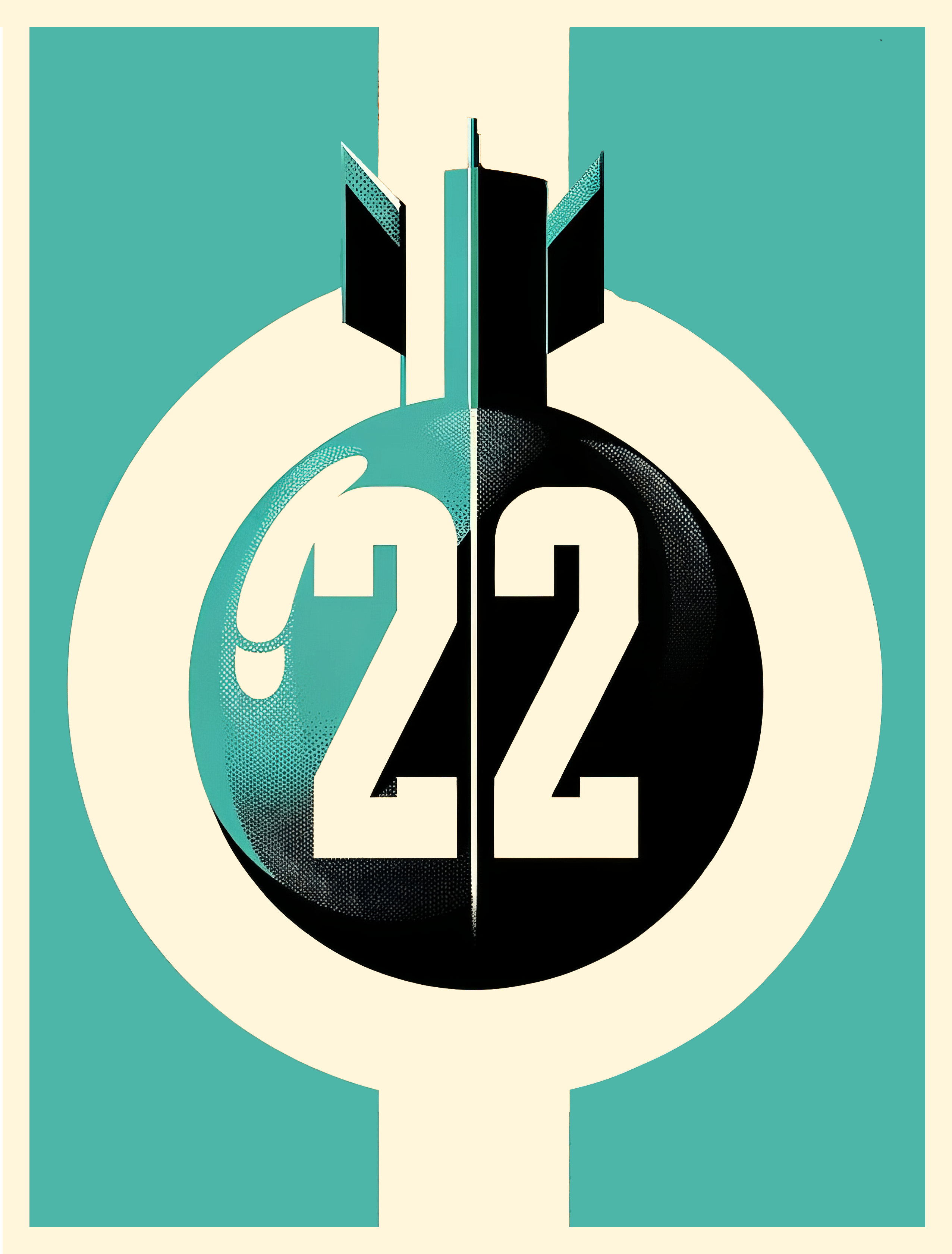Absurdity and Autonomy: Unraveling ‘Catch-22
“Catch-22” by Joseph Heller is a paramount novel that deftly blends elements of absurdity, dark humor, and stark realism to explore the paradoxes and absurdities of war. At the heart of the novel is the unforgettable character Captain John Yossarian, a B-25 bombardier stationed on the fictional island of Pianosa during World War II. Yossarian’s desperate attempts to maintain his sanity amidst the chaos of war serve as a powerful lens through which Heller critiques the absurdity of military bureaucracy and the devastating impact of war on the human spirit.
The novel’s title has entered the lexicon as a term for an illogical or paradoxical situation from which there is no escape because of contradictory rules. The “Catch-22” itself is epitomized by the regulation that governs the lives of the airmen: a soldier can be declared insane and thus ineligible to fly more missions if he requests it, but the act of requesting it is considered evidence of sanity, thereby requiring him to continue flying. This catch encapsulates the absurdity and circular logic that pervades the book, reflecting the larger, often nonsensical structures of authority and control in wartime.
Heller’s narrative style is nonlinear and fragmented, echoing the disjointed experiences of war. The story unfolds through a series of episodes that are both hilariously absurd and deeply tragic, showcasing Heller’s mastery in balancing humor with profound commentary on the human condition. Characters such as the profit-obsessed Milo Minderbinder, the dead man in Yossarian’s tent, and the Chaplain provide vivid illustrations of the various ways individuals cope with or exploit the war for their ends, further enriching the novel’s exploration of morality, survival, and the absurdity of the human experience.
“Catch-22” also offers a scathing indictment of the dehumanization and commodification inherent in war. Through characters like Milo, who views the war as an opportunity for personal gain, and the countless nameless soldiers who become mere statistics, Heller critiques a system that values profit and efficiency over human life. The novel’s portrayal of the impersonal machinery of war highlights the individual’s struggle for autonomy and significance in the face of overwhelming forces of dehumanization.
At its core, “Catch-22” is about resistance and the quest for individual agency. Yossarian’s journey is one of existential rebellion against a world that demands irrational sacrifice. His refusal to conform to the madness of the war becomes a powerful assertion of humanity and individual will. Through Yossarian and the diverse cast of characters, Heller articulates a profound skepticism towards authority and a deep empathy for those caught in the gears of a system that values them only as cogs.
Heller’s work is not just a war novel; it is a profound critique of modern society’s bureaucracies, the absurdity of institutional logic, and the individual’s plight within such systems. Its themes of existentialism, the absurd, and the critique of bureaucracy and capitalism remain relevant, reflecting ongoing concerns about the individual’s place in society and the often absurd structures that govern our lives.

